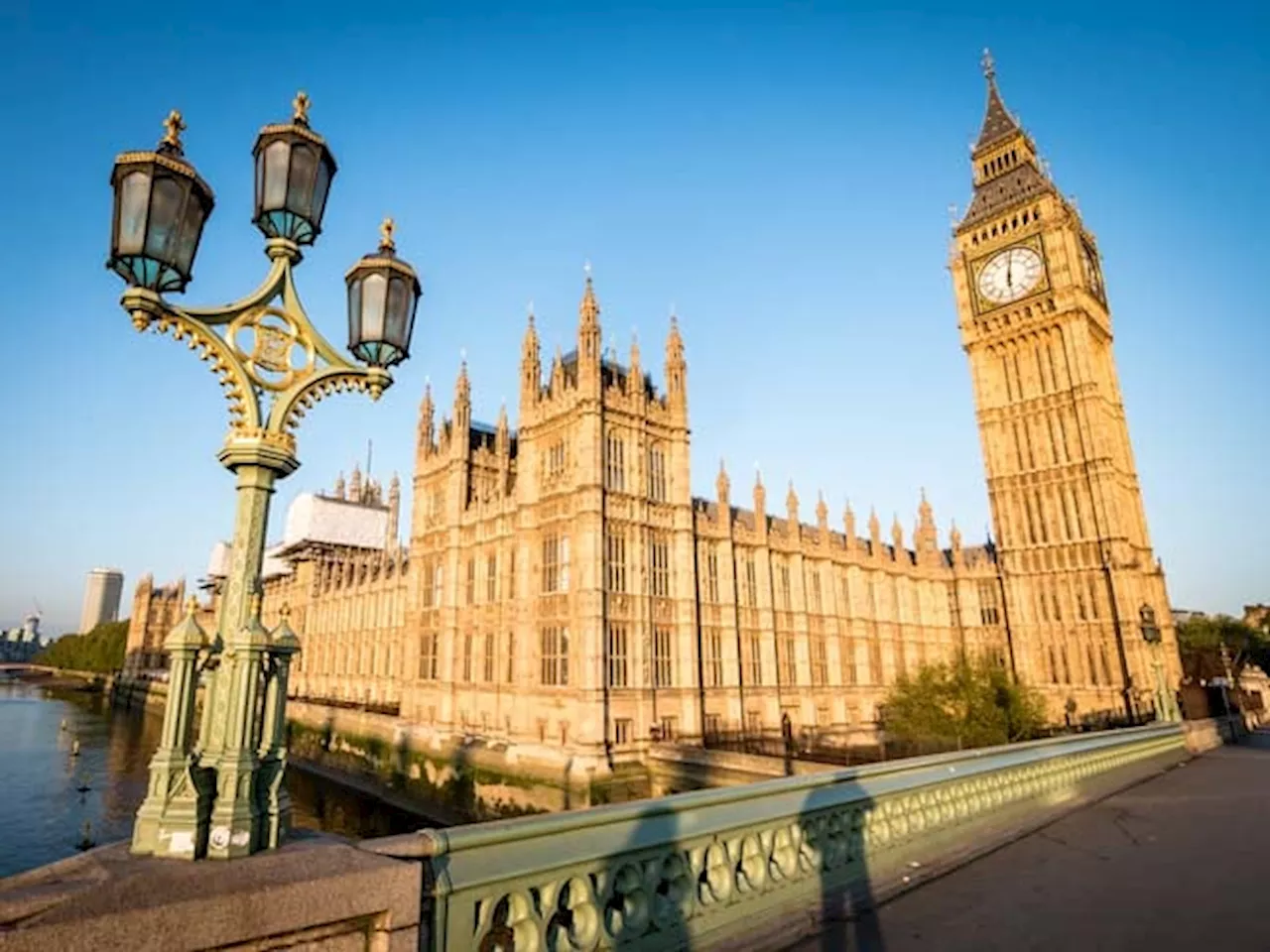The UK Home Office has reportedly demanded that Apple build a backdoor into its iCloud system, enabling the government to access encrypted user data. This controversial move has sparked concerns about privacy and the potential for mass surveillance.
The UK's Home Office has declined to confirm or deny reports alleging that it recently directed Apple to create a backdoor mechanism granting the government access to any user's cloud data . This proposed system would empower the government to independently access and decipher encrypted data, both within the UK and potentially for users globally. The Home Office stated, 'We do not comment on operational matters, including for example confirming or denying the existence of any such notices.
' Apple has yet to respond to requests for comment, and the UK's National Cyber Security Centre (NCSC) deferred the matter to the Home Office. These rumors surfaced in March 2024, preceding the passage of the Investigatory Powers Bill in the House of Lords. The bill grants sweeping surveillance powers to UK authorities, including the ability to collect internet connection records from British citizens, revealing the services they accessed and the timestamps. It also authorizes the mass gathering of data from sources with minimal privacy expectations, such as CCTV footage and social media images. According to anonymous sources, Apple is likely to discontinue offering encrypted backups in the UK, but this measure alone wouldn't satisfy the purported secret order issued in January.The UK government has long sought methods to circumvent encryption technologies, particularly in communication platforms. While the stated justifications for this desired backdoor center around child safety and counter-terrorism efforts, its practical application remains limited. With end-to-end encryption still prevalent in most popular messaging platforms, the feasibility of accessing encrypted communications is currently absent. Signal, for instance, has threatened to withdraw from the UK, refusing to compromise its platform's security. Under the Investigatory Powers Act (IPA), Apple could appeal the order, arguing against its implementation costs. This appeal would be heard by a secret technical committee, with a judge ultimately deciding whether the order aligns with the government's needs. However, Apple wouldn't have legal grounds to delay the provision of this cloud-spying capability while the appeal is under consideration. Legal experts warn that if Apple is compelled to implement this capability, it could lead to major digital service providers exiting the UK. Jonathan Compton, partner at DMH Stallard, stated, 'Ultimately, regulators in countries will decide whether Apple or any company offering these services in the UK can continue to do so, and if so, on what terms. It will then be for the service provider and those in the position of Apple to decide whether they can continue to offer services, or adapt their services, or withdraw their services from UK consumers. The same is true for US and EU jurisdictions.' The ongoing tension between entities possessing information (like Apple) and those seeking to access it (like government investigative arms) continues to shape the digital landscape
UK Government Apple Backdoor Encryption Cloud Data Surveillance Investigatory Powers Act Privacy Security
United Kingdom Latest News, United Kingdom Headlines
Similar News:You can also read news stories similar to this one that we have collected from other news sources.
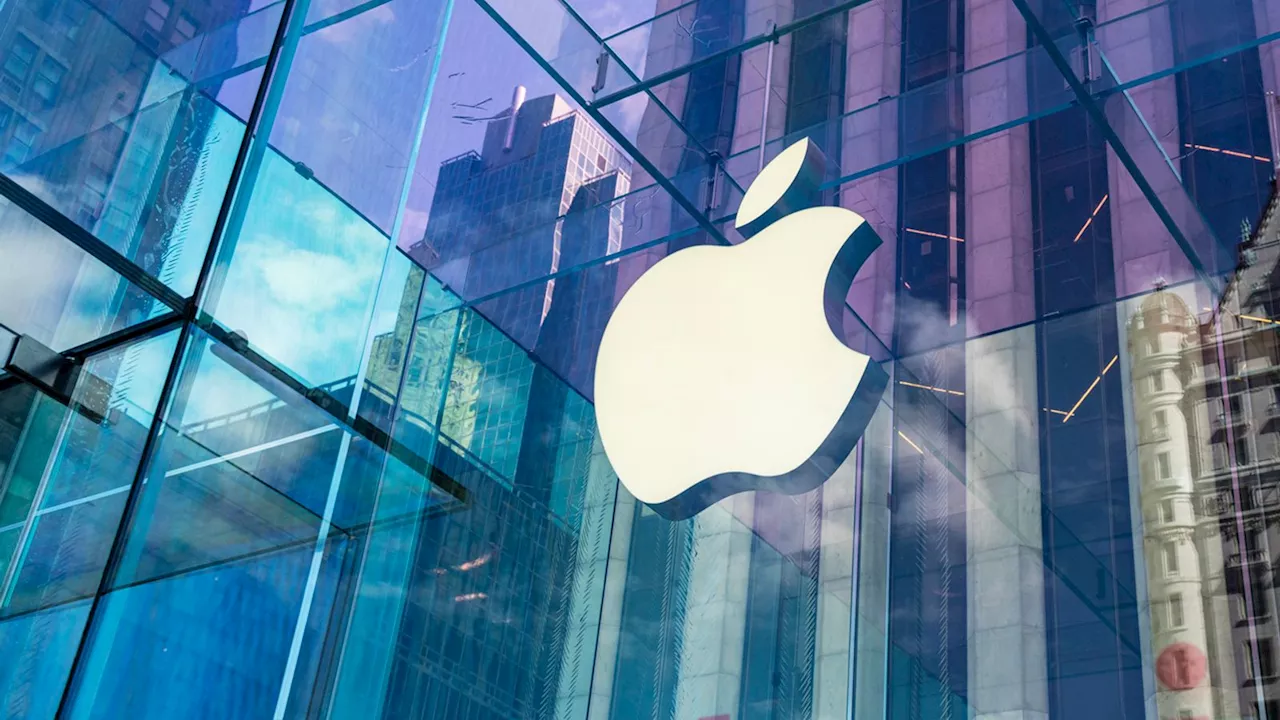 UK Government Orders Apple to Break EncryptionThe UK government has reportedly ordered Apple to provide access to encrypted data stored by its users worldwide. This move has sparked controversy, with concerns raised about privacy violations and the potential for misuse by malicious actors.
UK Government Orders Apple to Break EncryptionThe UK government has reportedly ordered Apple to provide access to encrypted data stored by its users worldwide. This move has sparked controversy, with concerns raised about privacy violations and the potential for misuse by malicious actors.
Read more »
 Trump Administration Orders Elimination of DEI Offices in GovernmentThe White House has issued a directive to federal agencies to terminate all diversity, equity, and inclusion (DEI) offices and positions within 60 days. This move accelerates previous plans for dismissing workers involved in DEI initiatives and comes after the administration expressed concerns about 'social engineering' through racial and gender policies. While the exact number of employees affected remains unclear, the directive could result in significant layoffs within government agencies.
Trump Administration Orders Elimination of DEI Offices in GovernmentThe White House has issued a directive to federal agencies to terminate all diversity, equity, and inclusion (DEI) offices and positions within 60 days. This move accelerates previous plans for dismissing workers involved in DEI initiatives and comes after the administration expressed concerns about 'social engineering' through racial and gender policies. While the exact number of employees affected remains unclear, the directive could result in significant layoffs within government agencies.
Read more »
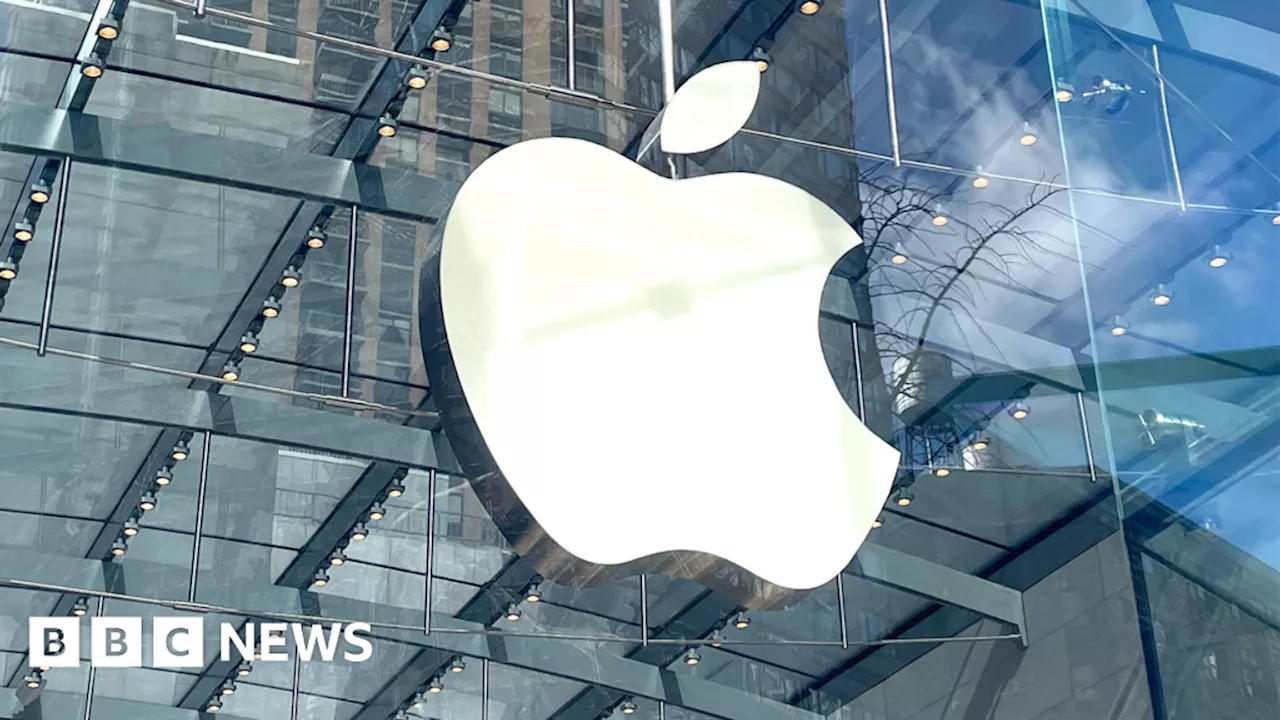 UK Government Demands Access to Encrypted Apple DataThe UK government has demanded access to encrypted data stored by Apple users worldwide in its iCloud service. This move, made under the Investigatory Powers Act, has sparked controversy among privacy advocates and cyber security experts who argue that it will erode user privacy and create vulnerabilities for bad actors.
UK Government Demands Access to Encrypted Apple DataThe UK government has demanded access to encrypted data stored by Apple users worldwide in its iCloud service. This move, made under the Investigatory Powers Act, has sparked controversy among privacy advocates and cyber security experts who argue that it will erode user privacy and create vulnerabilities for bad actors.
Read more »
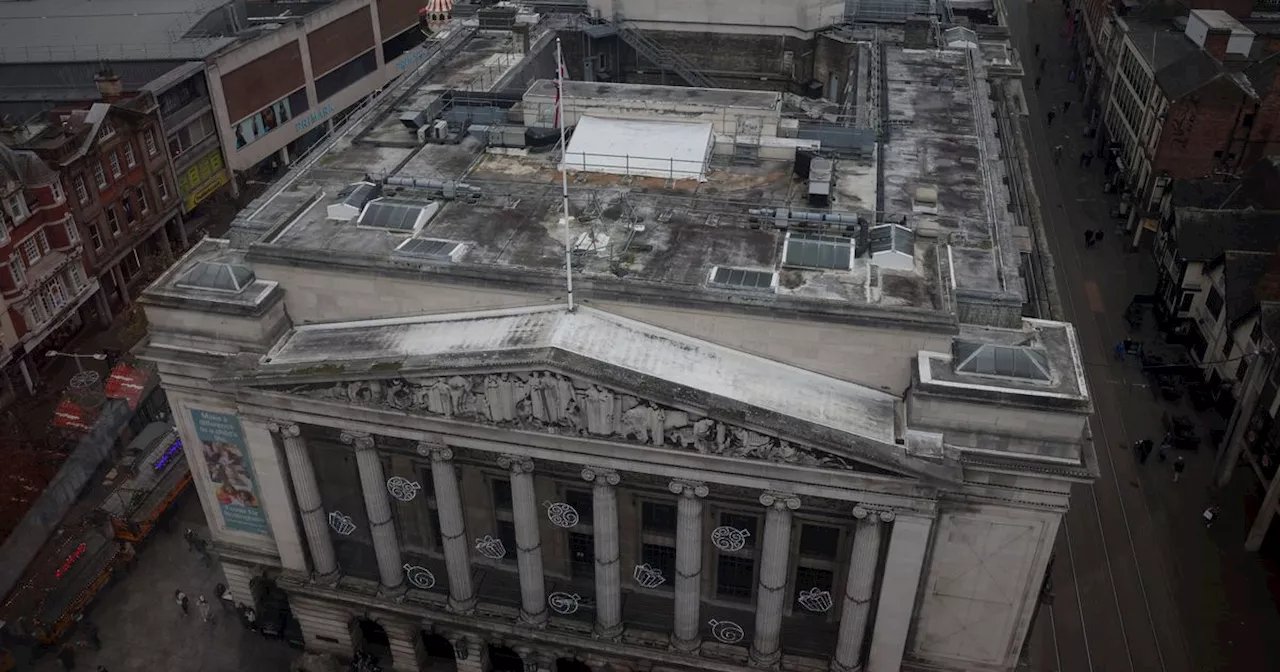 Nottinghamshire Councils Grapple with Uncertain Future Amidst Government's Two-Tier Local Government ReformNottinghamshire's council leaders face a challenging situation as the government pushes for a single-tier system of local government. The proposed reforms would see the seven district and borough councils absorbed into unitary councils, with Nottingham City Council likely expanding its territory. This has sparked concerns among leaders in neighboring councils, particularly regarding financial stability and local control.
Nottinghamshire Councils Grapple with Uncertain Future Amidst Government's Two-Tier Local Government ReformNottinghamshire's council leaders face a challenging situation as the government pushes for a single-tier system of local government. The proposed reforms would see the seven district and borough councils absorbed into unitary councils, with Nottingham City Council likely expanding its territory. This has sparked concerns among leaders in neighboring councils, particularly regarding financial stability and local control.
Read more »
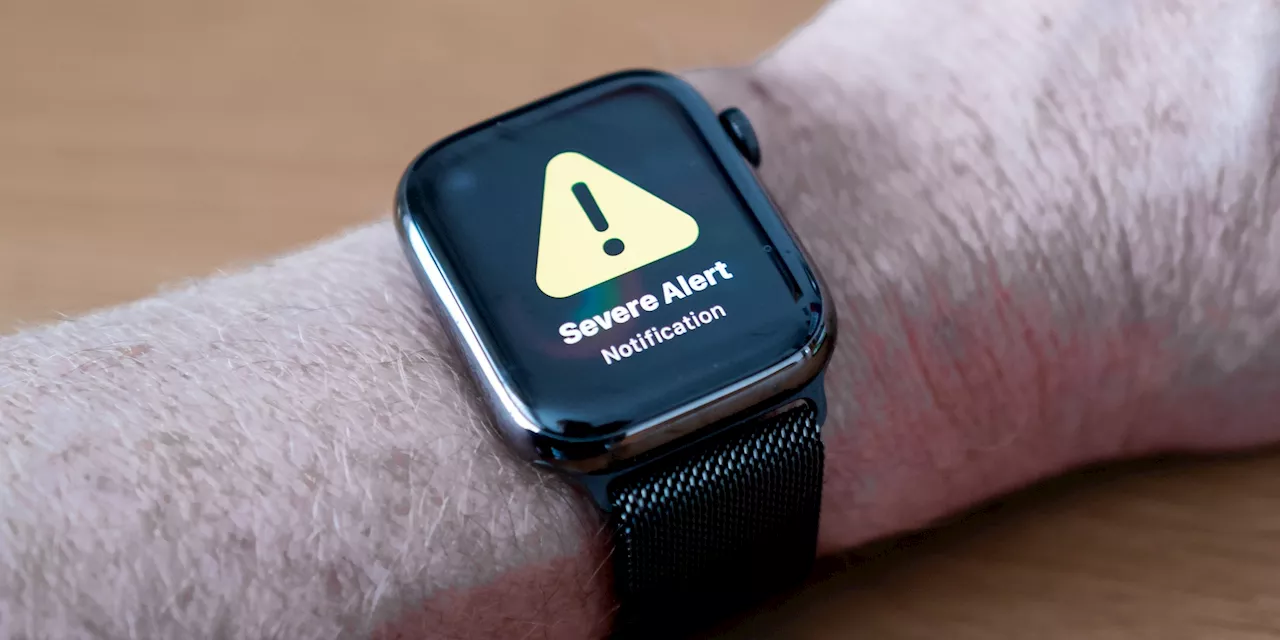 Apple Sued Over 'Forever Chemicals' in Apple Watch BandsA class-action lawsuit accuses Apple of selling watch bands containing harmful PFAS chemicals.
Apple Sued Over 'Forever Chemicals' in Apple Watch BandsA class-action lawsuit accuses Apple of selling watch bands containing harmful PFAS chemicals.
Read more »
 Apple Addresses Apple Watch Band PFAS ConcernsApple released a statement assuring users that Apple Watch bands are safe despite concerns about the presence of PFAS, often referred to as 'forever chemicals,' in some watch bands. The company acknowledges the lawsuit filed against them at the California Northern District Court and states they are working to phase out PFAS usage in their products.
Apple Addresses Apple Watch Band PFAS ConcernsApple released a statement assuring users that Apple Watch bands are safe despite concerns about the presence of PFAS, often referred to as 'forever chemicals,' in some watch bands. The company acknowledges the lawsuit filed against them at the California Northern District Court and states they are working to phase out PFAS usage in their products.
Read more »
